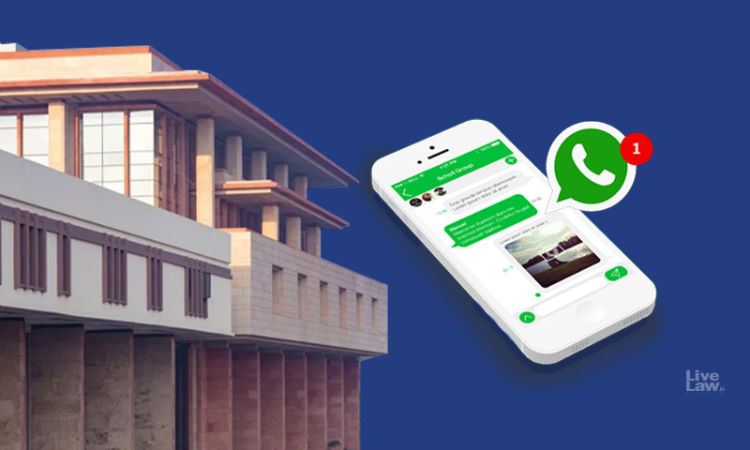New PIL Challenging WhatsApp Updated Privacy Policy: Delhi High Court Seeks Centre's Response
Sparsh Upadhyay
5 May 2021 2:33 PM IST

Next Story
5 May 2021 2:33 PM IST
The Delhi High Court today issued notice to the Centre and social media platforms, Facebook and WhatsApp seeking their responses on a PIL challenging the new privacy policy of WhatsApp. The Bench of Chief Justice D. N. Patel and Justice Jasmeet Singh sought their response on a PIL petition filed by one Harsha Gupta (an Advocate and Educationist) through Advocates Vivek Sood...
